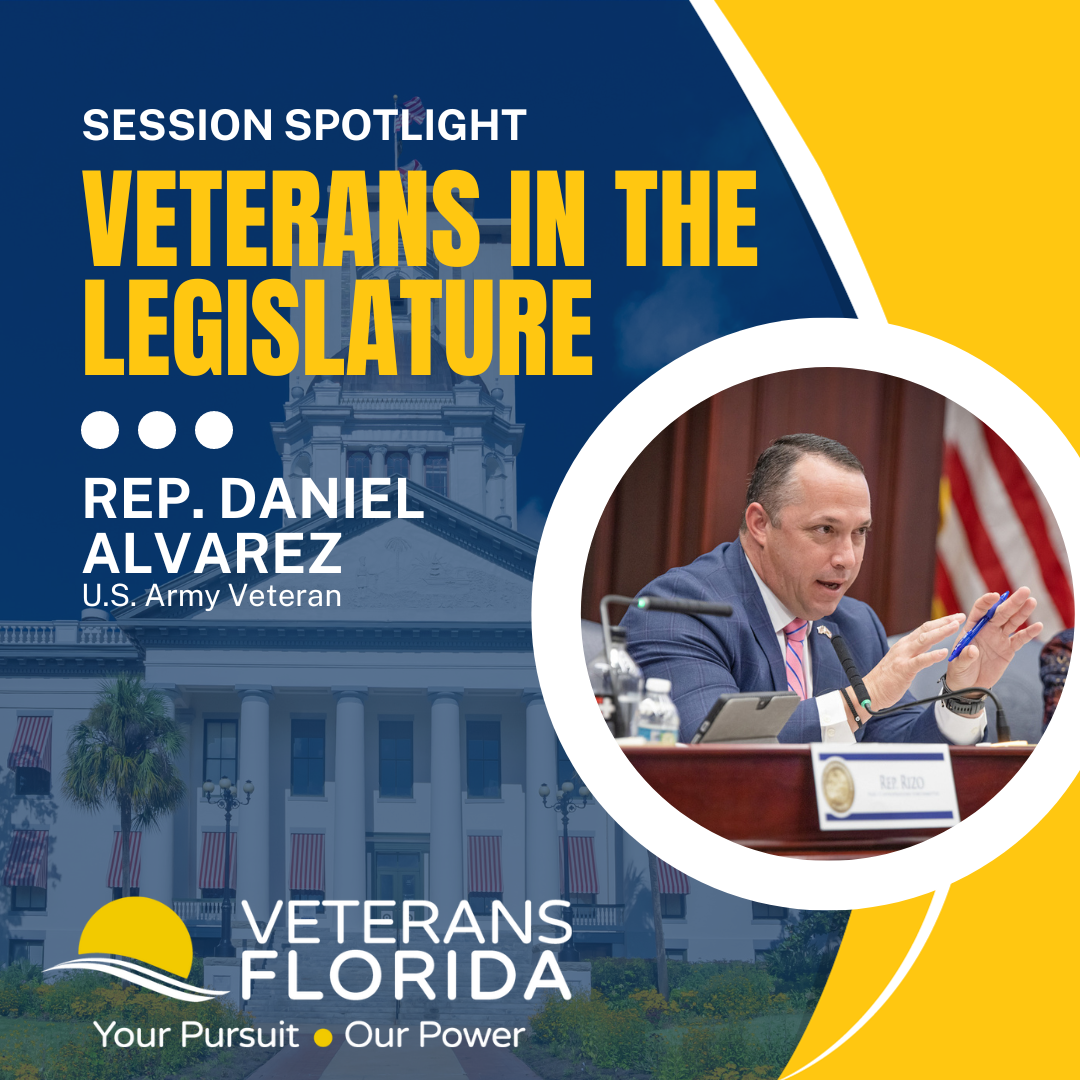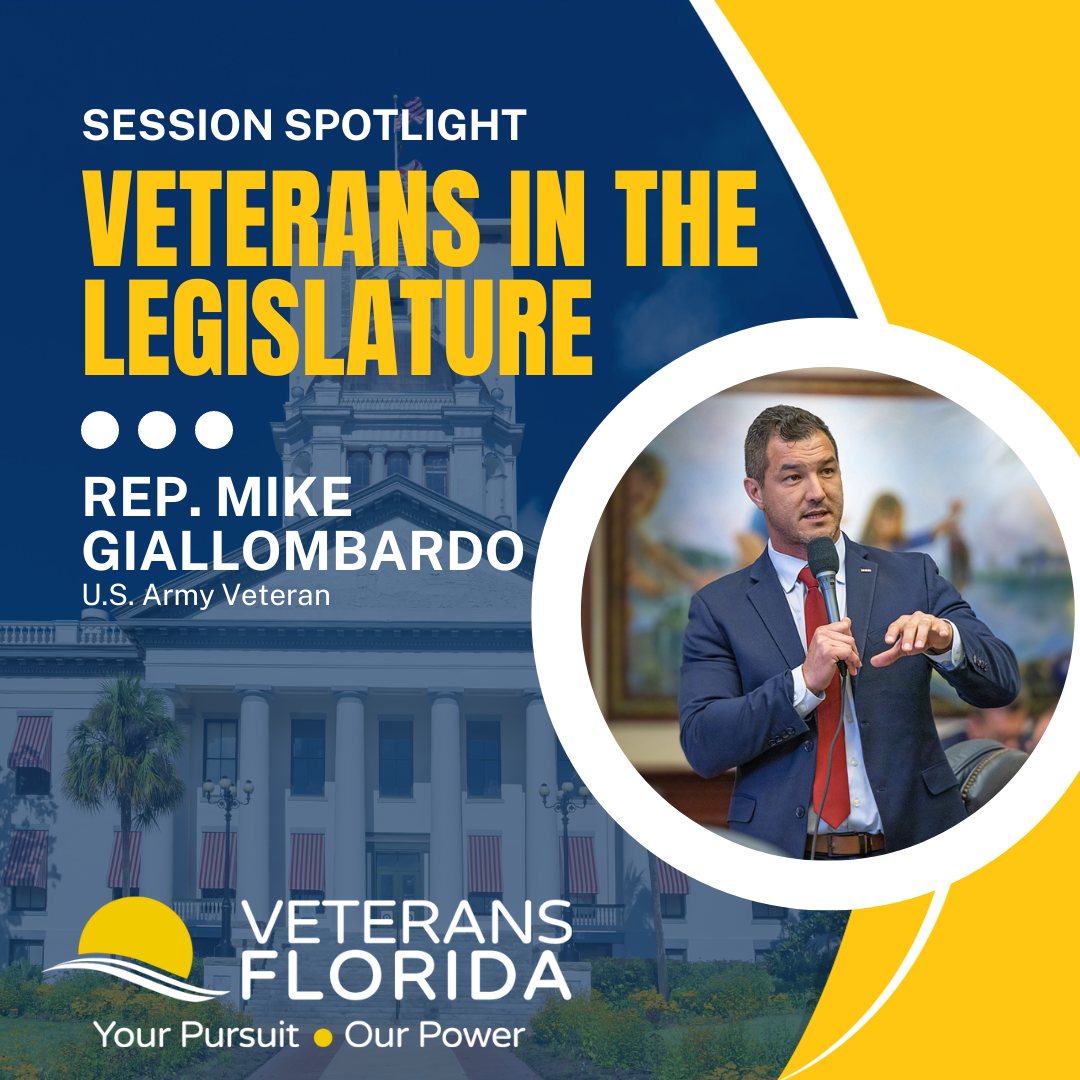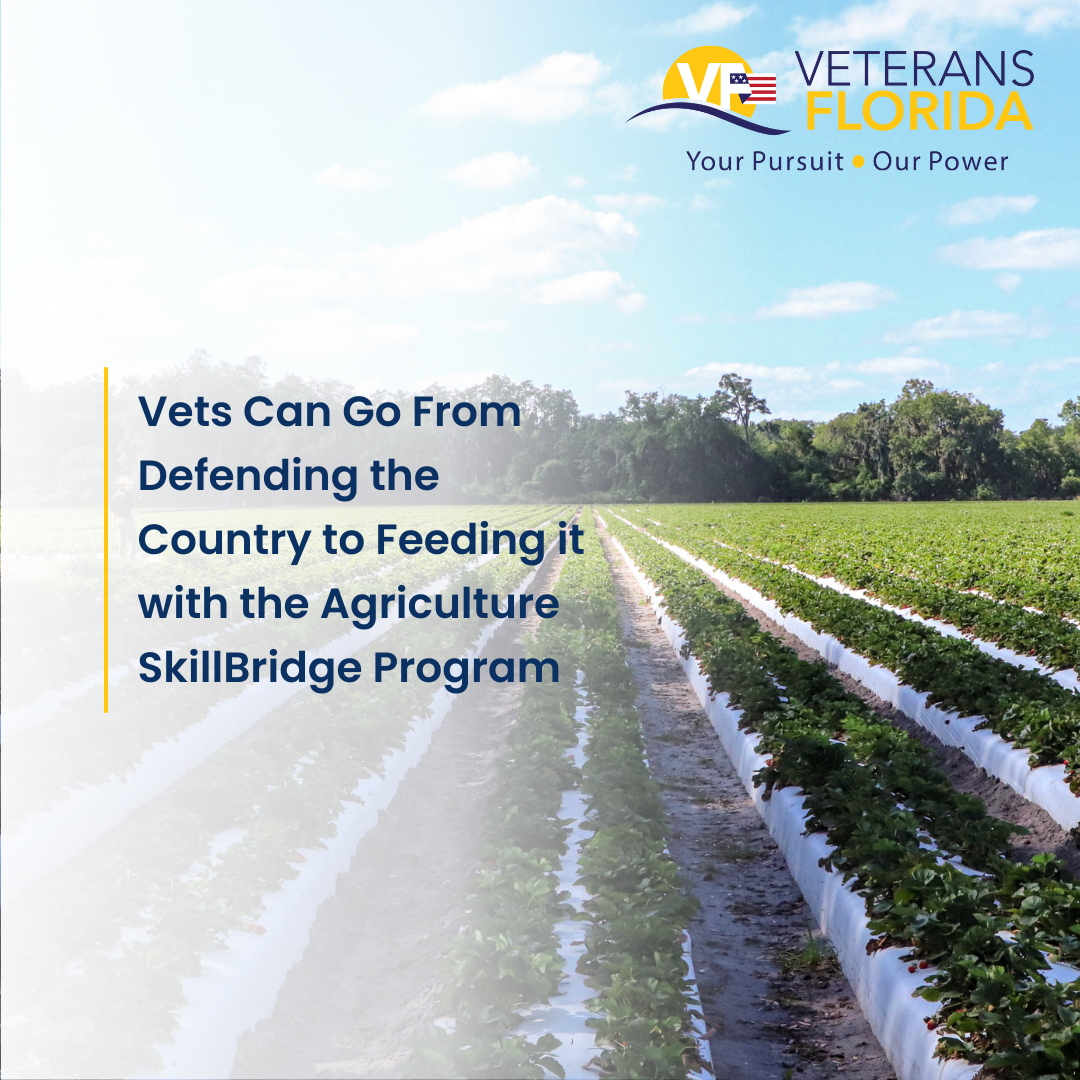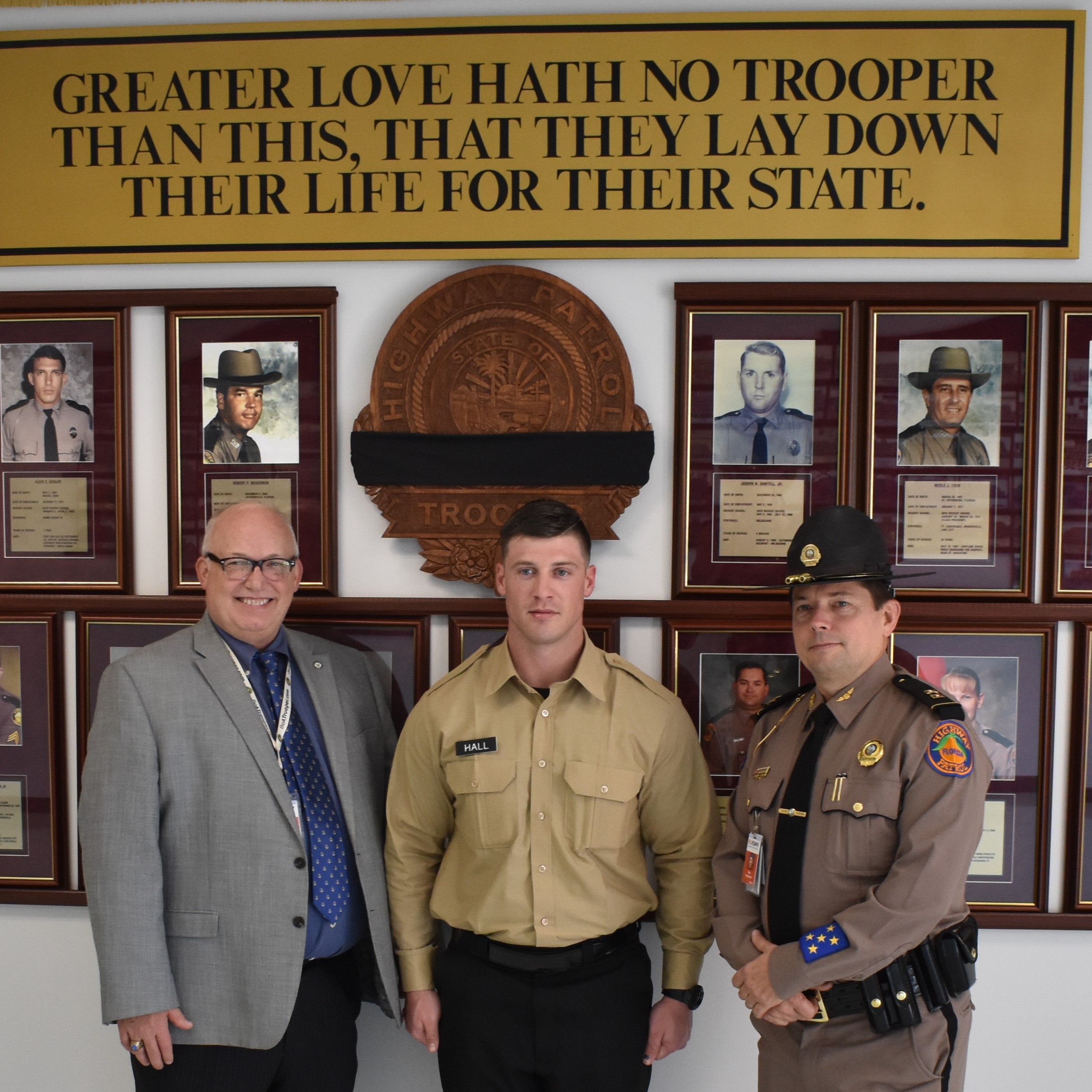A new program from the Sarasota Film Festival gives veterans vital storytelling tools and provides opportunities for personal growth
The Sarasota Film Festival, which takes place every April in Sarasota, Florida was recently included in MovieMaker Magazine‘s list of “The 25 Coolest Film Festivals in the World.” The Festival was cited for both the caliber and breadth of the 250 films it showcases each year as well as its unique partnerships and educational programs. One such program is the all-new, Sarasota-based Veterans Filmmaking Academy, which launched on October 14, 2016. Conducted in partnership with local production company Triforce Pictures and the national nonprofit Project Rebirth, the program instructs local veterans in the filmmaking arts, provides ongoing guidance as they create a documentary about an issue that is important to veterans, then world premieres the resulting film at the festival.
Sarasota Film Festival Producer John Secor spearheaded the new program and Veterans Florida recently sat down with him to talk about its origins, structure and objectives.
Origins of the Veterans Filmmaking Academy
VF: This veterans program seems to be an extension of the Sarasota Film Festival’s longstanding educational and outreach mission.
JS: Yes, we’re deeply committed to education and outreach—we don’t just show movies, invite celebrities, throw parties and roll out a red carpet. We work with 7,000 students in Sarasota and Manatee Counties teaching the craft of filmmaking, film criticism and every aspect of the film business. We also have a program for women filmmakers, and this year, we partnered with the Harvey Milk Festival.
VF: How did you come to launch the Veterans Filmmaking Academy?
JS: In 2014, we screened the documentary The Last Days of Vietnam by Rory Kennedy, and at that time we leaned into the veterans community to get support and interest. In the process, we determined that this is a population segment that we need to engage more.
Then, in September of 2015, we screened Rebirth, a powerful documentary that tells the story of people who suffered great loss on 9/11 but ends on a note of resilience. The film is used as a tool by Project Rebirth, a nonprofit that was created out of this documentary and that works with and facilitates healing of veterans, first responders and others who have been stricken by trauma and grief. After the screening, I met with the Director of Project Rebirth and we talked about creating something that would help veterans assimilate back into civilian society.
We determined that we’d gather a group of veterans together and show them how to make a documentary about a topic pertinent to them and premiere it at our film festival.
Application process for gathering and selecting students
VF: How did you find and select the participants for the first program?
JS: To target the veteran community exclusively, we worked with the Sarasota County Veterans Commission and used a formal application form to select six participants. One of the questions we asked is ‘what is your favorite movie?’ The answers were so inspiring. One applicant wrote: “Saving Private Ryan. That’s what made me want to go into the service.” We wanted to keep class size very modest the first year in order to give the veterans an opportunity to experience every aspect of the filmmaking process. Next year, we’ll continue to work with the Sarasota County Veterans Commission but also extend our reach to other non-profits in town. We’ll grow the group to eight, and then keep expanding it from there. It’s going to be a year-to-year effort; I just finished writing a grant that will keep this program going for three years.
“They’re going to go through the 10 weeks of instruction, make a movie, and have the red carpet and the world premiere. But, most importantly, if they want to continue on after all that, we’re going to give them the tool kit, show them how to do it, encourage them and help them extend their outreach. So, it doesn’t end when the movie ends.”
Program structure and curriculum highlights
VF: How is the instruction phase of the program structured?
JS: Within Project Rebirth, they have a program called Project Cohort and we fall under that. Each Project Cohort—there are six of them around the country—engages in therapeutic activities for post-9/11 veterans and each cohort has a peer leader who serves as a kind of project manager. Project Cohort is designed to build resilience and recovery, and help veterans transition to purposeful civilian lives. We are adhering to the Project Cohort structure by having a class member who has received special training serve as a peer leader and look after the other participants.
The class meets one day a week for 10 weeks. For the first five classes, TriForce Pictures, a local production company, will be teaching the veterans film technique. They’ll be learning how to work the camera, do sound and lighting, and set up a shot. We started at the beginning by addressing the questions: What is a documentary and what is a good documentary?
During the second five-week period, Jason Benjamin, a director from New York City who works on HBO’s show Girls will donate his time to teach the theory of documentary filmmaking. We screened his documentary Suited at this year’s Film Festival and when I told him I’d be working on this initiative afterward he said he wanted to be involved. We’re really thrilled that he’ll be helping us out this year.
VF: What happens after the instruction period?
JS: Over the course of the 10 weeks of classroom instruction, the veterans will determine the topic of the short documentary they’ll be making together and when the classroom portion is done, they’ll have four weeks to shoot, create and produce it. The final cut is due to the Film Festival by the middle of February. TriForce Pictures will do the editing and post production, but the veterans will be exposed to the editing process and have a hand in it so they can gain an understanding of how it works.
Then, on or around April 4, 2017, we’ll stage a world premiere of the documentary at the Sarasota Opera House, which seats 1,100 people. We’ll put out the red carpet and probably have a color guard and ceremony with remarks. Afterward, we’ll conduct a Q and A with the veterans. It’s going to be a really special event.
Benefits of the veterans filmmaking program
VF: Why do you think a program like this is important?
JS: In the course of my career, I’ve worked on newspapers, magazines, TV, radio and film. To my mind, the most powerful medium is film. You have the capacity to tell a story that other people might not know about and incite change. We see the Veterans Filmmaking Academy as an opportunity to shed light on a topic that’s important to the veterans community. The subject may be local to Sarasota, but if we do it well enough we can get that story out to other veterans and civilian communities and, hopefully, spark change. By virtue of exposing that issue, we’ll create an opportunity to address it, one way or another.
VF: How does the program stand to benefit the participants?
JS: We’re giving veterans the opportunity to tell a story from their point of view and that is potentially a very powerful and cathartic thing. They’re going to be working with a Project Cohort psychiatrist and their psychosocial and emotional states will be measured throughout the duration of this class. We want to quantitatively prove that it is a good thing for them to go through this process and create something together.
We also want to ignite a desire in at least one veteran to go on and pursue filmmaking after the program is over. The veterans are going to have a lot of fun, and they’re going to produce something, have a film credit and, if they so choose, get listed on IMDB, the Internet Movie Data Base. If they do opt to continue learning about filmmaking, we’re going to provide them with the resources to do that. We’re also going to arrange post-class outreach activities with other veterans and students—the veteran filmmakers will show their film and talk about their experience.
We feel it’s important to stay in touch, keep them engaged with the Festival and encourage them to carry it on and pay it forward.
Those interested in participating in the next Veterans Filmmaking Academy should contact John Secor by email at jsecor@sarasotafilmfestival.com or by phone at 941-364-9514, ext. 111.
The price of a regular ticket to the documentary screening is $25, with proceeds going to SFF’s Education and Outreach, and the Veterans Filmmaking Academy. The price of a Patron ticket (which includes name in program and admission for two) is $100. Patron tickets may be purchased on the Sarasota Film Festival website.





